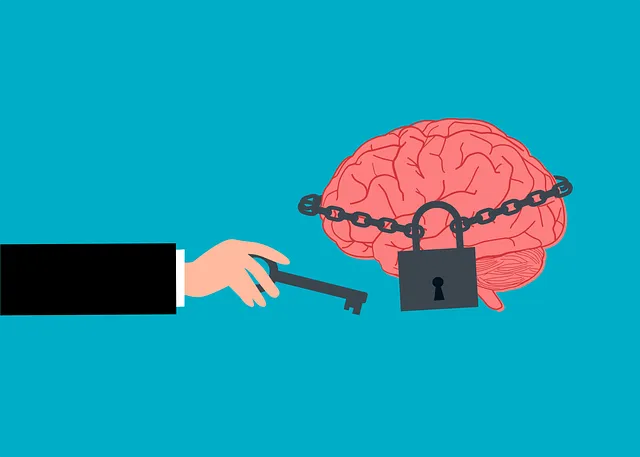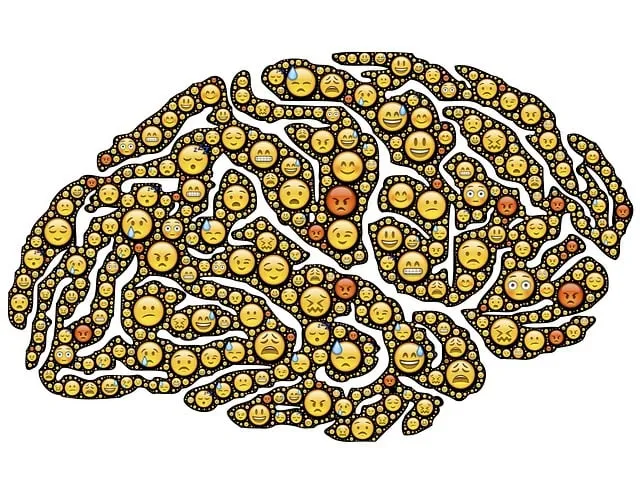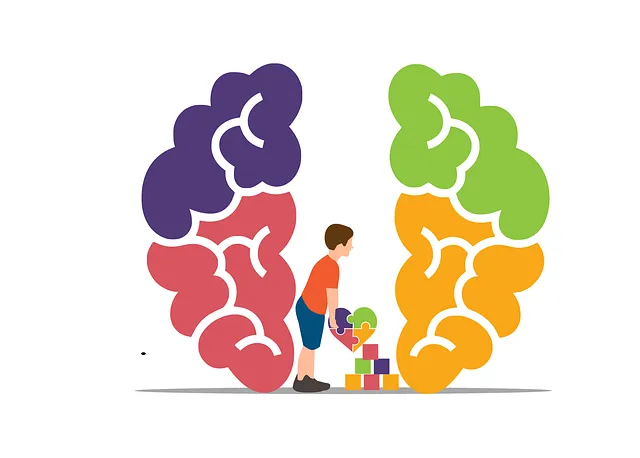Longmont Kaiser Permanente prioritizes cultural competency training for healthcare providers to cater to diverse patient backgrounds, enhancing mental wellness services. By integrating coaching programs, risk management planning, and active listening skills, they improve communication, patient outcomes, and satisfaction. This holistic approach, evident in their behavioral health services reviews, fosters an inclusive environment, addresses systemic barriers, and sets industry standards for comprehensive healthcare delivery.
In today’s diverse healthcare landscape, cultural competency is no longer a nice-to-have, but an essential requirement. This article explores the critical need for healthcare provider training in cultural competency and highlights best practices through a case study of Longmont Kaiser Permanente’s initiatives. We delve into the role of behavioral health services in fostering this competence, key components for effective training programs, and methods to measure success, drawing insights from real-world examples, including Longmont Kaiser Permanente behavioral health services reviews.
- Understanding Cultural Competency in Healthcare: A Necessity in Modern Practice
- The Role of Behavioral Health Services in Cultural Competency Training
- Longmont Kaiser Permanente: A Case Study on Best Practices
- Key Components for Effective Cultural Competency Training Programs
- Measuring Success: Evaluating the Impact and Outcomes of Training
Understanding Cultural Competency in Healthcare: A Necessity in Modern Practice

In today’s diverse healthcare landscape, cultural competency is no longer an option but a necessity. It involves understanding and appreciating the cultural differences among patients, families, and communities, ensuring that behavioral health services meet their unique needs and preferences. This is especially crucial in organizations like Longmont Kaiser Permanente, where a wide range of individuals from various backgrounds seek care, including those reviewing behavioral health services. Cultural competency training equips healthcare providers with the skills to navigate these differences, foster effective communication, and deliver culturally sensitive care.
By integrating concepts from Mental Wellness Coaching Programs Development and Risk Management Planning for Mental Health Professionals, healthcare organizations can enhance their cultural competency initiatives. These programs offer valuable tools for mental health professionals to design Mental Health Education Programs that are inclusive and impactful. Through such training, providers become better equipped to address cultural barriers to care, improve patient outcomes, and create a more welcoming environment, as evidenced by positive Longmont Kaiser Permanente behavioral health services reviews.
The Role of Behavioral Health Services in Cultural Competency Training

Cultural competency training is an essential aspect of modern healthcare, and behavioral health services play a pivotal role in this process. Organizations like Longmont Kaiser Permanente recognize the importance of integrating cultural considerations into their care models, as diverse patient populations present unique challenges and opportunities. By offering behavioral health services, they empower patients to develop self-care routines tailored to their specific needs, enhancing overall mental health and well-being.
These services not only support individual growth but also foster better communication between healthcare providers and patients from various cultural backgrounds. Training programs can incorporate strategies such as active listening, cultural sensitivity exercises, and scenario-based role-playing to improve interactions. Moreover, analyzing mental health policies and advocating for inclusive practices ensures that the healthcare system addresses the systemic barriers faced by marginalized communities.
Longmont Kaiser Permanente: A Case Study on Best Practices

Longmont Kaiser Permanente stands as a beacon of best practices in healthcare provider cultural competency training. Their comprehensive approach integrates behavioral health services reviews, emphasizing the interconnectedness of mental and physical well-being. By fostering self-care routine development for better mental health, Longmont Kaiser Permanente ensures their providers are equipped to offer crisis intervention guidance effectively.
This institution also prioritizes burnout prevention strategies for healthcare providers, recognizing that provider wellness is paramount to delivering quality care. Through regular training sessions and a supportive environment, they cultivate cultural sensitivity, enabling their team to navigate diverse patient populations with empathy and expertise. The positive impact extends beyond the facility’s walls, influencing industry standards for holistic healthcare delivery.
Key Components for Effective Cultural Competency Training Programs

Effective cultural competency training programs for healthcare providers should incorporate several key components. Firstly, they must emphasize mental health awareness, ensuring that professionals understand and appreciate the diverse psychological and emotional needs of their patients. This involves learning about different cultural beliefs related to mental illness, treatment, and healing, as well as the impact of systemic barriers on patient outcomes.
Secondly, training should focus on developing robust communication strategies. Healthcare providers must learn how to build rapport, actively listen, and convey information sensitively, respecting cultural nuances. This includes understanding non-verbal cues, adapting language to avoid jargon or offensive terms, and being open to different approaches to problem-solving. Longmont Kaiser Permanente behavioral health services reviews highlight the importance of these skills in delivering quality care that resonates with diverse patient populations. Furthermore, integrating risk management planning for mental health professionals into training ensures practitioners are equipped to handle cultural challenges while mitigating potential risks and errors in judgment.
Measuring Success: Evaluating the Impact and Outcomes of Training

Evaluating the success and impact of cultural competency training is a multifaceted process that goes beyond mere knowledge retention. Longmont Kaiser Permanente behavioral health services reviews often highlight the importance of measurable outcomes, such as improved patient engagement and satisfaction rates. By assessing how healthcare providers apply new skills in their daily practice, organizations can gauge the practical benefits of training. This includes tracking improvements in communication, empathy, and problem-solving abilities, especially when dealing with diverse patient populations.
The Mental Wellness Journaling Exercise Guidance and Self-Care Routine Development for Better Mental Health are valuable tools to monitor progress. Training programs that incorporate these practices allow for personalized growth and self-reflection among healthcare professionals. Additionally, risk assessments for mental health professionals can help identify areas of potential vulnerability or stress, ensuring early intervention and support. These evaluations collectively contribute to a comprehensive understanding of training effectiveness, fostering an environment where cultural competency is not just learned but also consistently applied, benefiting both the providers and the diverse patient communities they serve.
Cultural competency training is no longer a nice-to-have, but an indispensable tool for modern healthcare providers. As evidenced by the success of programs like those at Longmont Kaiser Permanente, incorporating behavioral health services into these initiatives enhances their effectiveness. By focusing on key components such as community engagement and interprofessional education, healthcare organizations can create inclusive environments that improve patient outcomes. Regular evaluation using validated metrics, like those used in Longmont Kaiser Permanente behavioral health services reviews, ensures continuous improvement and fosters a culture of respect and understanding within the healthcare sector.






